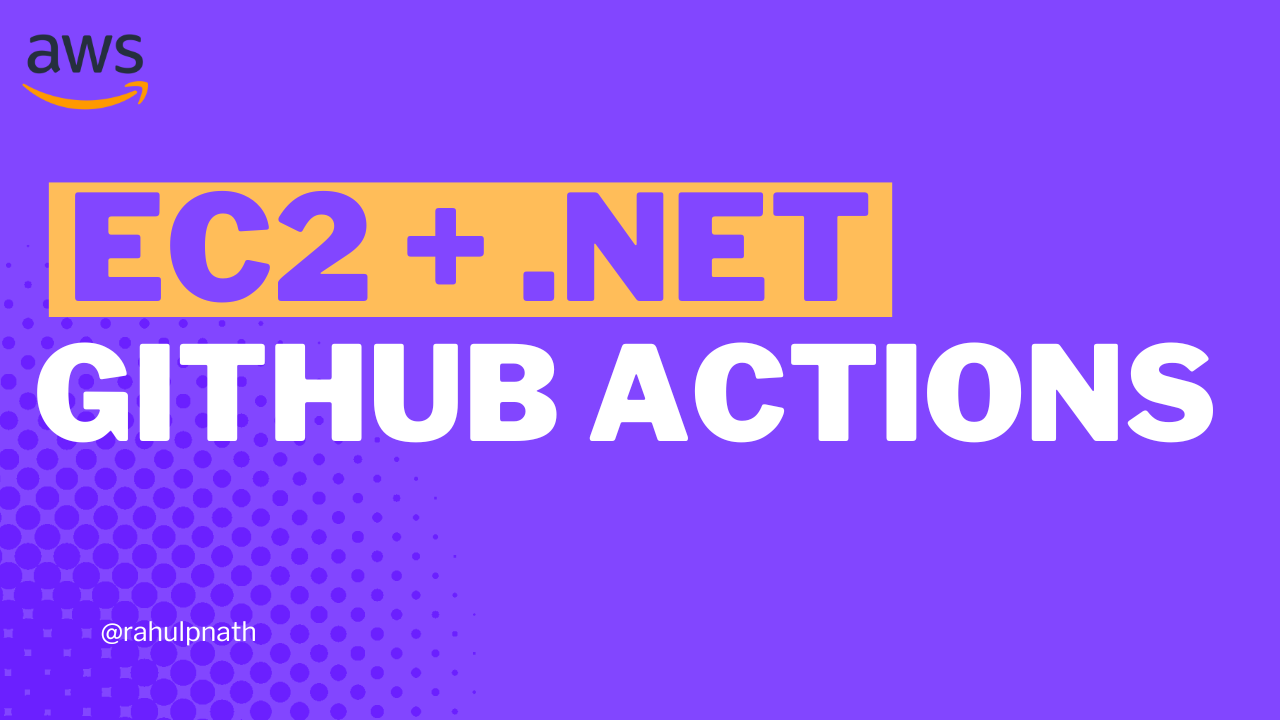
Step-by-Step: Setting Up GitHub Actions to Build and Deploy .NET to EC2 Paid Members Public
Let's learn how to set up a GitHub Actions build-deploy pipeline to deploy an ASP.NET API application to an Amazon EC2 instance, running as a systemd service.
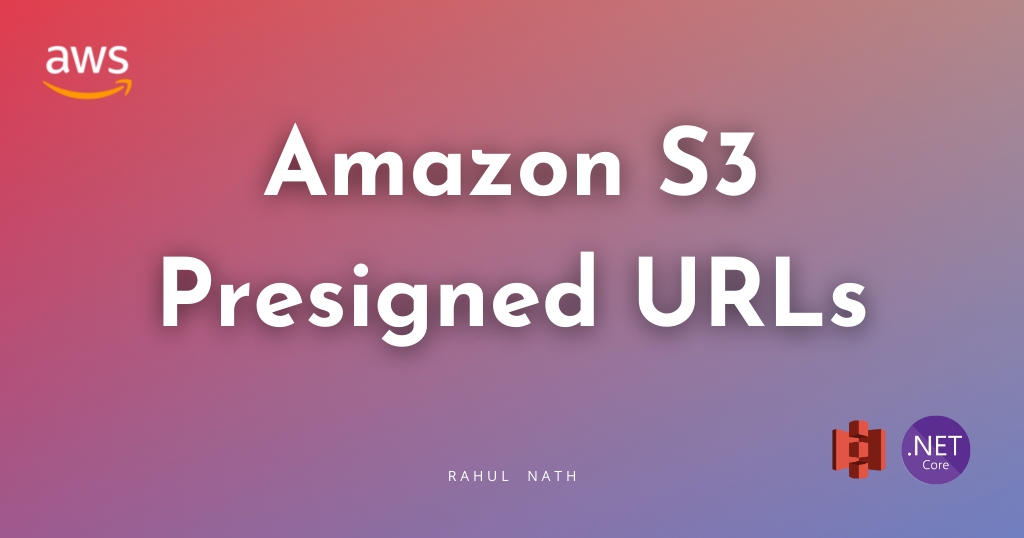
Amazon S3 Presigned URLs Paid Members Public
Amazon S3 presigned URLs allow you to grant temporary, secure access to specific objects in your S3 bucket without exposing your credentials. Let's learn how to use this from a .NET application.
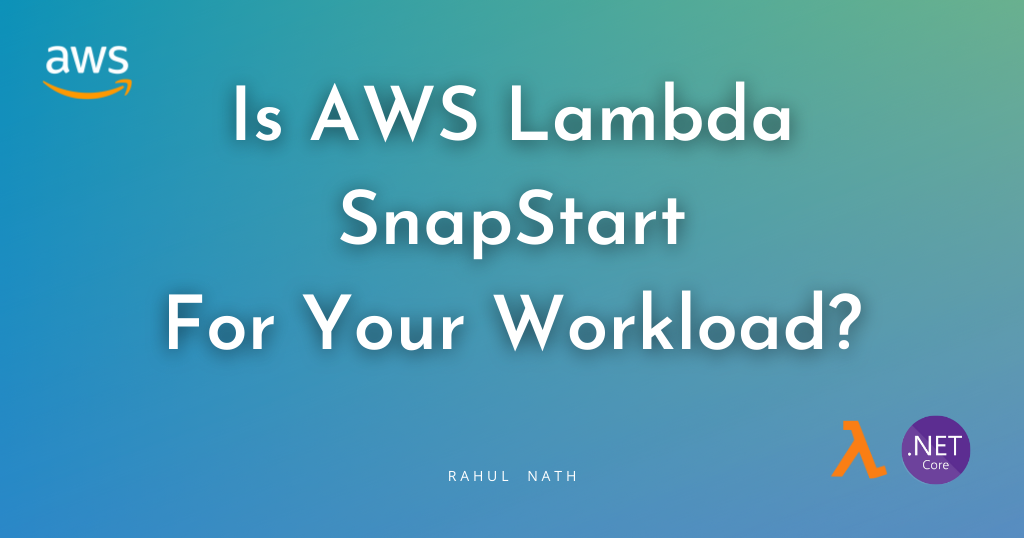
Is AWS Lambda SnapStart Right for Your Workload? Paid Members Public
AWS Lambda SnapStart replaces Init Duration with Restore Duration. Is it just a name change, or does it truly reduce cold starts? In this post, we explore its impact, when it matters, and when to use it for your AWS functions.
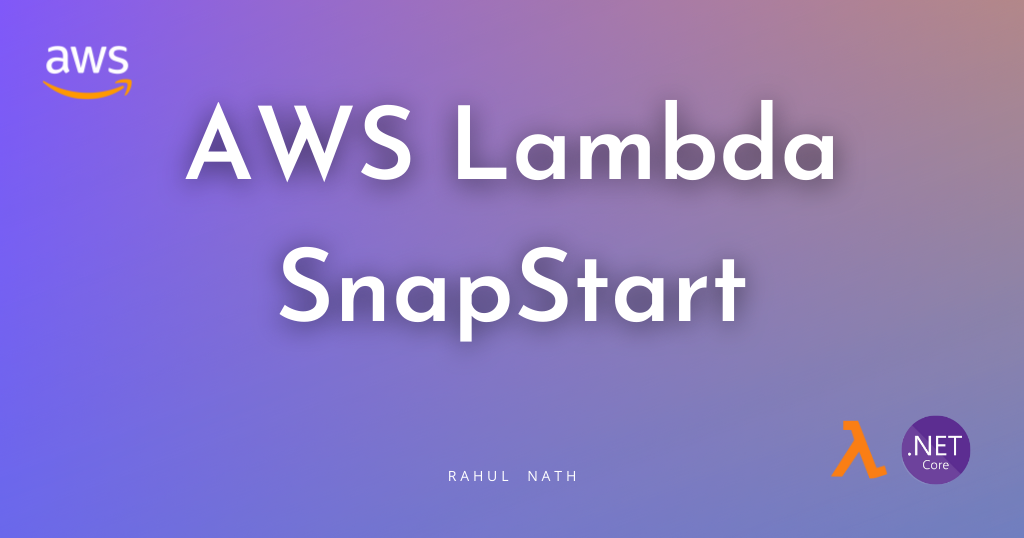
Getting Started with AWS Lambda SnapStart: A Beginner’s Guide Paid Members Public
AWS Lambda SnapStart is a performance optimization that speeds up startup times for Lambda Functions, typically with no changes to your function code. Let's learn how to enable it on your existing functions, how it works under the hood and make sure your Lambda Functions are SnapStart ready.
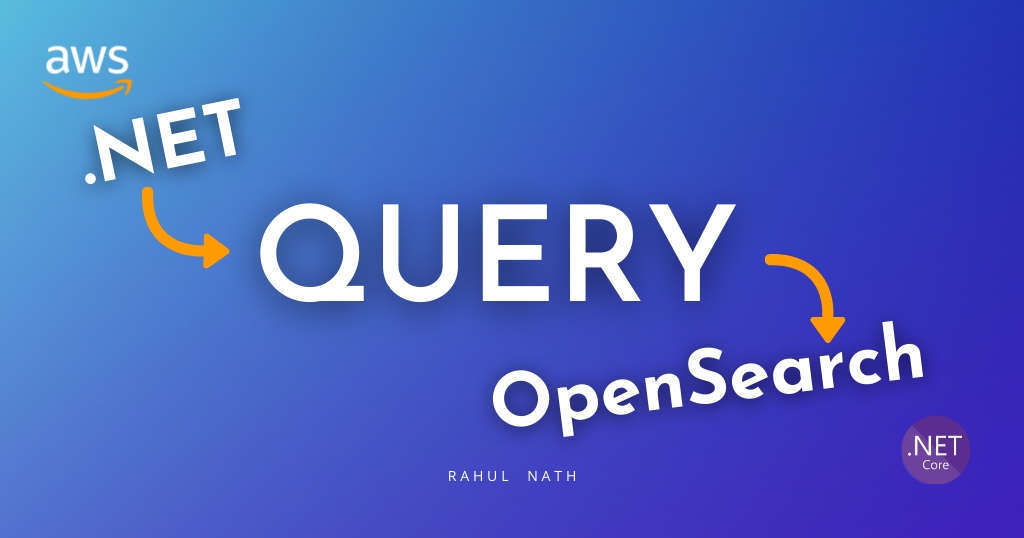
Querying OpenSearch from .NET: Full-Text Search on DynamoDB Data. Paid Members Public
Learn how to query data from Amazon OpenSearch using .NET after importing it from DynamoDB with Zero ETL. This integration allows you to perform full-text searches and advanced queries on DynamoDB data, enhancing your application's search capabilities seamlessly.
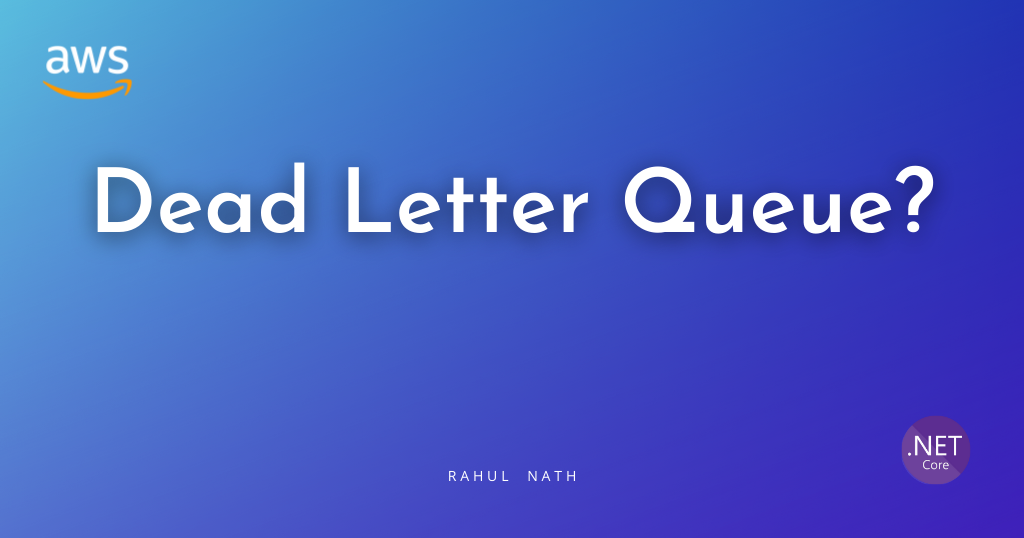
Why Dead Letter Queues Are a Must-Have for Reliable Messaging Systems Paid Members Public
A Dead Letter Queue (DLQ) is a special queue that handles messages that cannot be successfully processed or delivered to their intended destination. In this post, we will explore what a Dead Letter Queue is, why it’s important, and the benefits of using one.
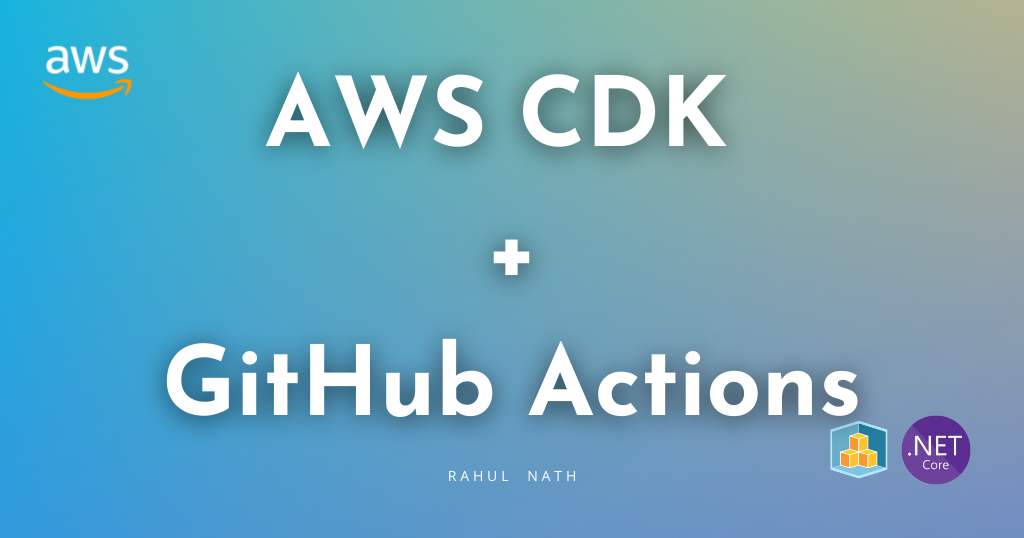
Building and Deploying .NET Applications with AWS CDK on GitHub Actions Paid Members Public
Let's learn how to set up a build-deploy pipeline on GitHub Actions to automate infrastructure management and deploy resources on AWS for our .NET application.
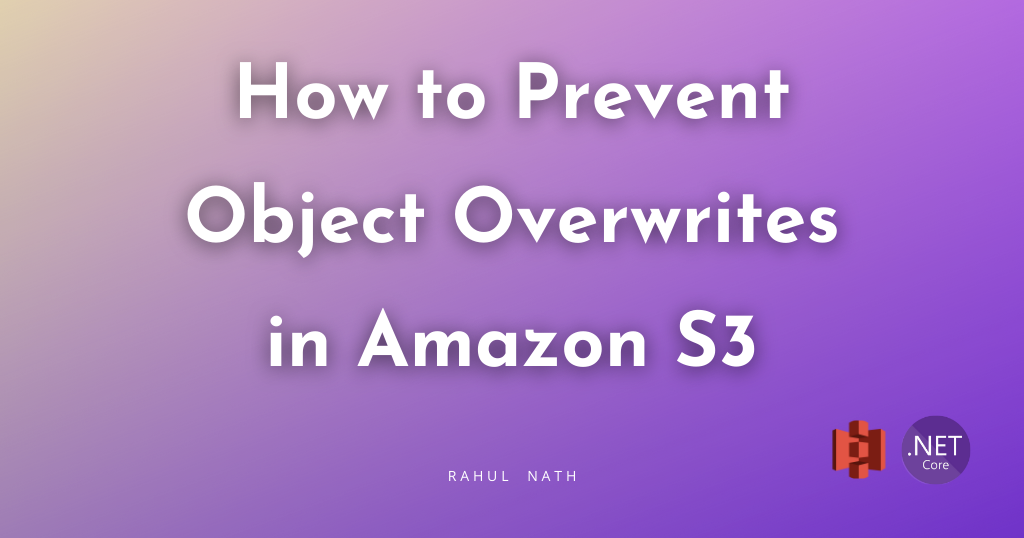
How to Prevent Amazon S3 Object Overwrites with Conditional Writes in .NET Paid Members Public
Amazon S3 now supports ETags for conditional writes, allowing you to check if an object has been modified before updating it. This feature helps prevent accidental overwrites when multiple users simultaneously write to the same object. Let's learn how to use this from a .NET application.